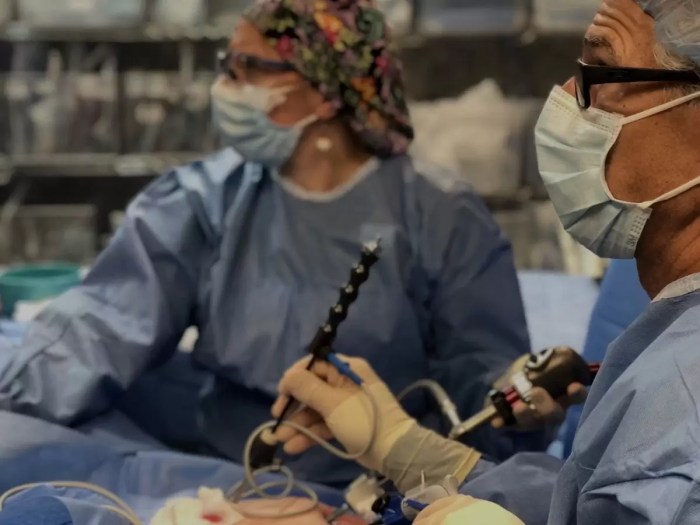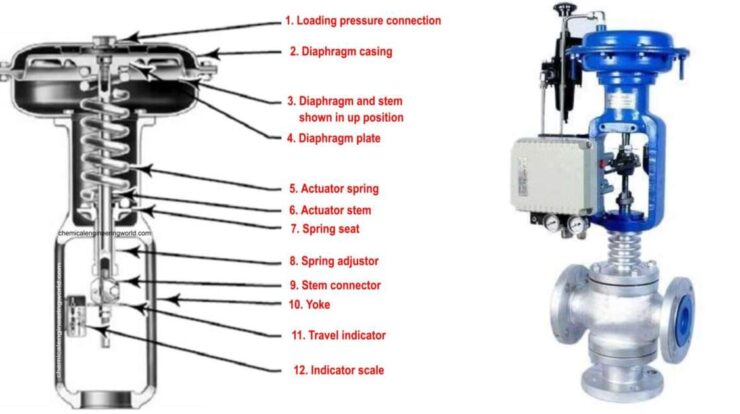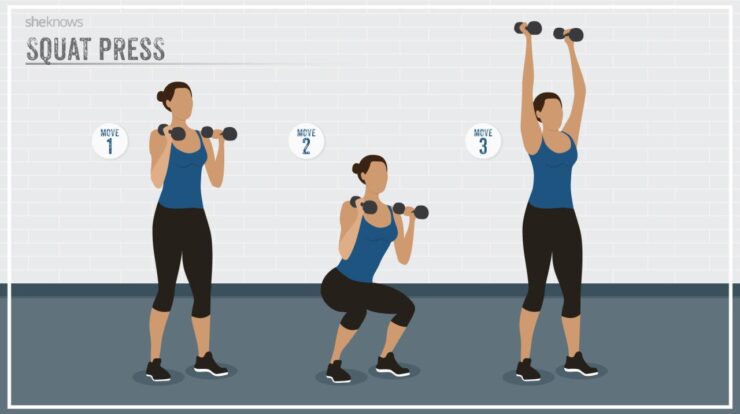Can you still donate eggs if your tubes are tied? This question sparks a discussion that delves into the complexities of egg donation and tubal ligation. In this article, we’ll explore the medical considerations, ethical implications, and alternative options for women who have undergone this procedure and wish to contribute to the field of infertility treatment.
Tubal ligation, a surgical procedure that blocks the fallopian tubes, is often considered a permanent form of birth control. However, advancements in reproductive medicine have raised the question of whether women who have had this procedure can still donate their eggs.
Understanding the impact of tubal ligation on egg donation requires a comprehensive analysis of the medical and ethical factors involved.
Overview of Egg Donation and Tubal Ligation
Egg donation is a process where a woman donates her eggs to assist another woman in conceiving a child. The process involves medical procedures and screening to ensure the health and suitability of both the donor and recipient.
Tubal ligation, also known as “getting your tubes tied,” is a surgical procedure that involves cutting, tying, or blocking the fallopian tubes to prevent pregnancy. This method is a permanent form of birth control.
Impact of Tubal Ligation on Egg Donation
Tubal ligation affects a woman’s ability to conceive naturally. However, it does not impact the production or quality of her eggs.
Women who have undergone tubal ligation can still donate their eggs through a process called in vitro fertilization (IVF). IVF involves retrieving eggs from the donor’s ovaries, fertilizing them with sperm in a laboratory, and transferring the resulting embryos to the recipient’s uterus.
Impact of Tubal Ligation on Egg Donation
Tubal ligation is a surgical procedure that involves cutting, tying, or blocking the fallopian tubes to prevent pregnancy. It is a permanent form of birth control. However, some women who have undergone tubal ligation may still wish to donate their eggs to help others conceive.
Egg donation is the process of retrieving eggs from a woman’s ovaries and fertilizing them with sperm in a laboratory. The resulting embryos are then transferred to the uterus of the recipient, who carries the pregnancy to term. In the case of women who have had their fallopian tubes tied, there are two main techniques used to retrieve eggs:
Laparoscopic Egg Retrieval
Laparoscopic egg retrieval is a minimally invasive procedure that involves making small incisions in the abdomen and inserting a laparoscope, a thin tube with a camera on the end. The laparoscope is used to visualize the ovaries and retrieve the eggs.
Even if you’ve had your tubes tied, you may still be able to donate eggs. The procedure is similar to that of egg donation for women who have not had their tubes tied, but there are some additional steps involved.
Before you can donate, you will need to have a medical evaluation to ensure that you are healthy enough to undergo the procedure. You will also need to take medication to stimulate your ovaries to produce eggs. Once your eggs have matured, they will be retrieved through a minor surgical procedure.
After the eggs have been retrieved, they will be fertilized in a laboratory and implanted in the uterus of a recipient woman.
While you are considering egg donation, you might also be curious about how much electricity does an oxygen concentrator use per hour .
The success rate of egg donation is highest in women under the age of 35. However, women over the age of 35 can still donate eggs, but the success rate is lower. If you are interested in donating eggs, you should talk to your doctor to see if you are a good candidate.
This technique is commonly used for egg donation in women who have had their fallopian tubes tied.
Transvaginal Egg Retrieval
Transvaginal egg retrieval is another minimally invasive procedure that involves inserting a thin needle through the vagina and into the ovaries to retrieve the eggs. This technique is less commonly used for egg donation in women who have had their fallopian tubes tied, as it can be more difficult to access the ovaries due to the presence of scar tissue from the tubal ligation.
While you may not be able to donate eggs if your tubes are tied, you can still get a mammogram even if you have a cold. Click here to learn more about mammograms and how they can help detect breast cancer early on.
This way, you can make an informed decision about whether or not to get a mammogram if you have a cold.
It is important to note that egg donation after tubal ligation is a complex procedure that requires careful consideration and consultation with a fertility specialist. The success rates of egg donation may be lower in women who have had their fallopian tubes tied, and there may be an increased risk of complications during the egg retrieval process.
Considerations for Donors with Tubal Ligations

Individuals with tubal ligations who consider egg donation should carefully evaluate their eligibility and the potential implications of the procedure. Factors such as age, overall health, and the type of tubal ligation performed can influence their suitability as donors.
Eligibility Factors
- Age:Age is a crucial factor in egg donation. Donors with tubal ligations who are over the age of 35 may have a lower chance of producing viable eggs.
- Overall Health:Women with underlying medical conditions or a history of certain diseases may not be eligible for egg donation.
- Type of Tubal Ligation:The type of tubal ligation performed can affect eligibility. Women who have undergone a more permanent form of tubal ligation, such as a tubal ligation with cautery or excision, may not be suitable donors.
Risks and Benefits
Egg donation for women with tubal ligations carries both potential risks and benefits:
Risks
- Ovarian Hyperstimulation Syndrome (OHSS):This condition occurs when the ovaries become enlarged and overstimulated during egg retrieval.
- Multiple Pregnancies:In rare cases, egg donation can result in multiple pregnancies if more than one embryo is transferred to the recipient’s uterus.
- Ectopic Pregnancy:An ectopic pregnancy occurs when an embryo implants outside the uterus.
Benefits
- Financial Compensation:Egg donors are typically compensated for their time and expenses.
- Helping Others:Egg donation can provide a fulfilling experience for women who want to help infertile couples have children.
- Potential Health Benefits:Some studies suggest that egg donation may have long-term health benefits for donors, such as a reduced risk of ovarian cancer.
Alternatives to Egg Donation for Women with Tubal Ligations
For women who have had a tubal ligation but still wish to contribute to infertility treatment, several alternative options are available.
If you’re considering donating eggs, you may be wondering if it’s still possible if your tubes are tied. While it’s generally not recommended, it’s important to consult with a medical professional to discuss your options. Alternatively, if you’re seeking guidance on communicating with someone with dementia over the phone, consider reading how to talk to someone with dementia on the phone for valuable insights.
Ultimately, the decision to donate eggs after having your tubes tied should be made in consultation with your healthcare provider.
These alternatives offer ways to support those struggling with infertility while utilizing the unique contributions that women with tubal ligations can provide.
Embryo Adoption, Can you still donate eggs if your tubes are tied
Embryo adoption involves adopting frozen embryos that have been created through IVF. Women with tubal ligations can become embryo recipients, carrying and giving birth to the embryos that have been donated by other individuals or couples.
- Provides a direct and tangible way to help couples build their families.
- Allows women to experience the joys of pregnancy and childbirth.
- Offers a unique opportunity to make a meaningful connection with the intended parents.
Ethical and Legal Implications

Egg donation from women with tubal ligations raises ethical and legal considerations that warrant careful evaluation. It is essential to address these implications to ensure the well-being of donors and recipients.
Ethical Considerations
The primary ethical concern is the potential exploitation of women with tubal ligations. It is crucial to ensure that donors are fully informed of the risks and benefits of egg donation and that they make an autonomous decision to participate.
Coercion or undue influence should be avoided.
Legal Implications
Legally, egg donation from women with tubal ligations is generally permitted in most jurisdictions. However, there may be specific regulations or guidelines governing the process. These regulations may include requirements for informed consent, medical screening, and counseling. It is essential for donors and healthcare providers to be aware of the legal framework in their respective regions.
Last Recap

In conclusion, the decision of whether or not to donate eggs after tubal ligation is a complex one that requires careful consideration of medical, ethical, and personal factors. While it is possible in some cases, it is essential to consult with a qualified medical professional to assess individual eligibility and potential risks.
For women who are unable to donate eggs due to tubal ligation, alternative options exist to support infertility treatment and provide assistance to those in need.
Query Resolution: Can You Still Donate Eggs If Your Tubes Are Tied
Can women with tubal ligations donate eggs?
In some cases, yes. Medical procedures exist to retrieve eggs from women who have had tubal ligations.
What are the risks of egg donation for women with tubal ligations?
Potential risks include bleeding, infection, and damage to the ovaries or fallopian tubes.
Are there alternatives to egg donation for women with tubal ligations?
Yes, options include surrogacy, adoption, and supporting infertility organizations.





